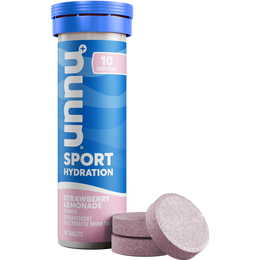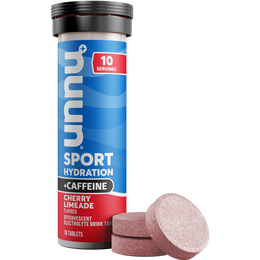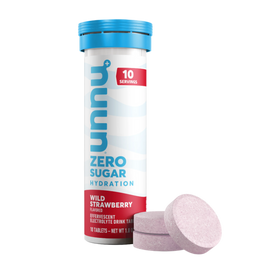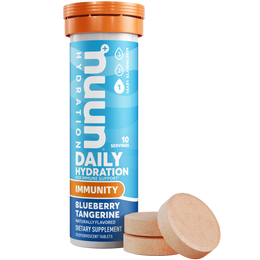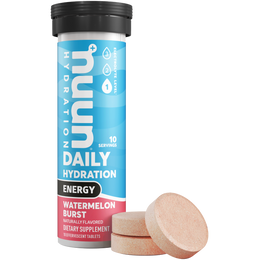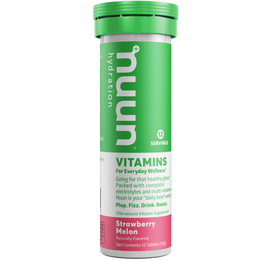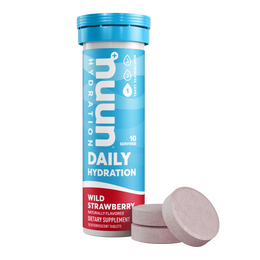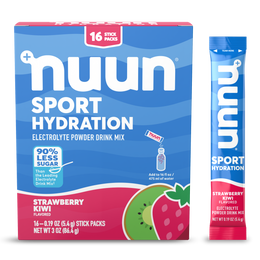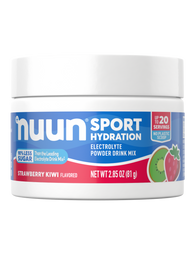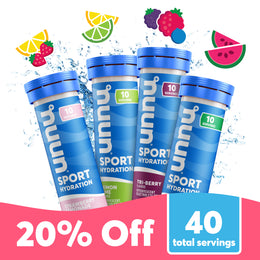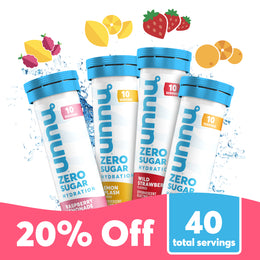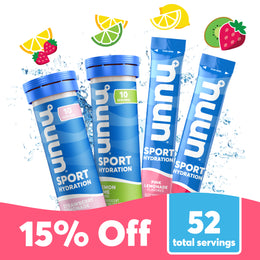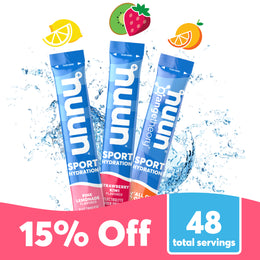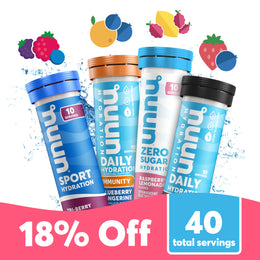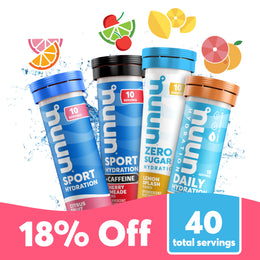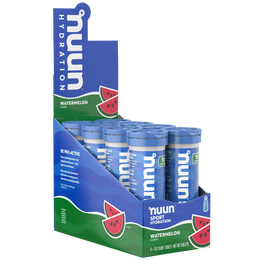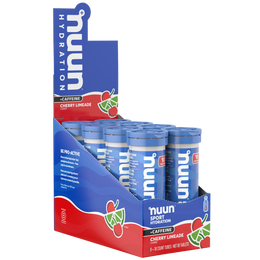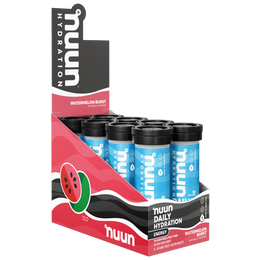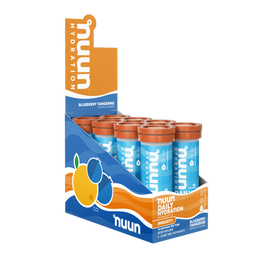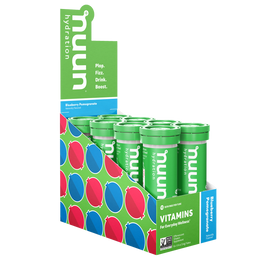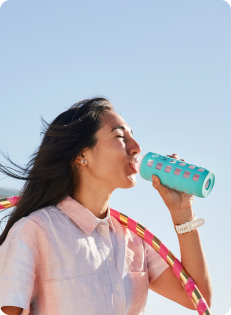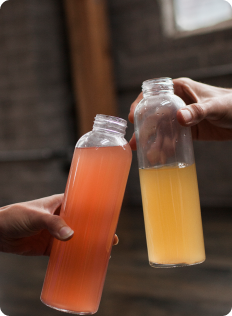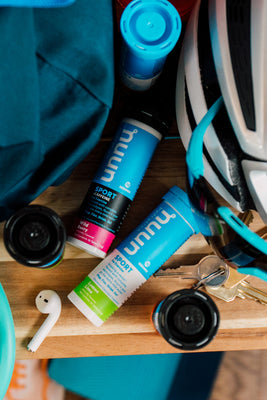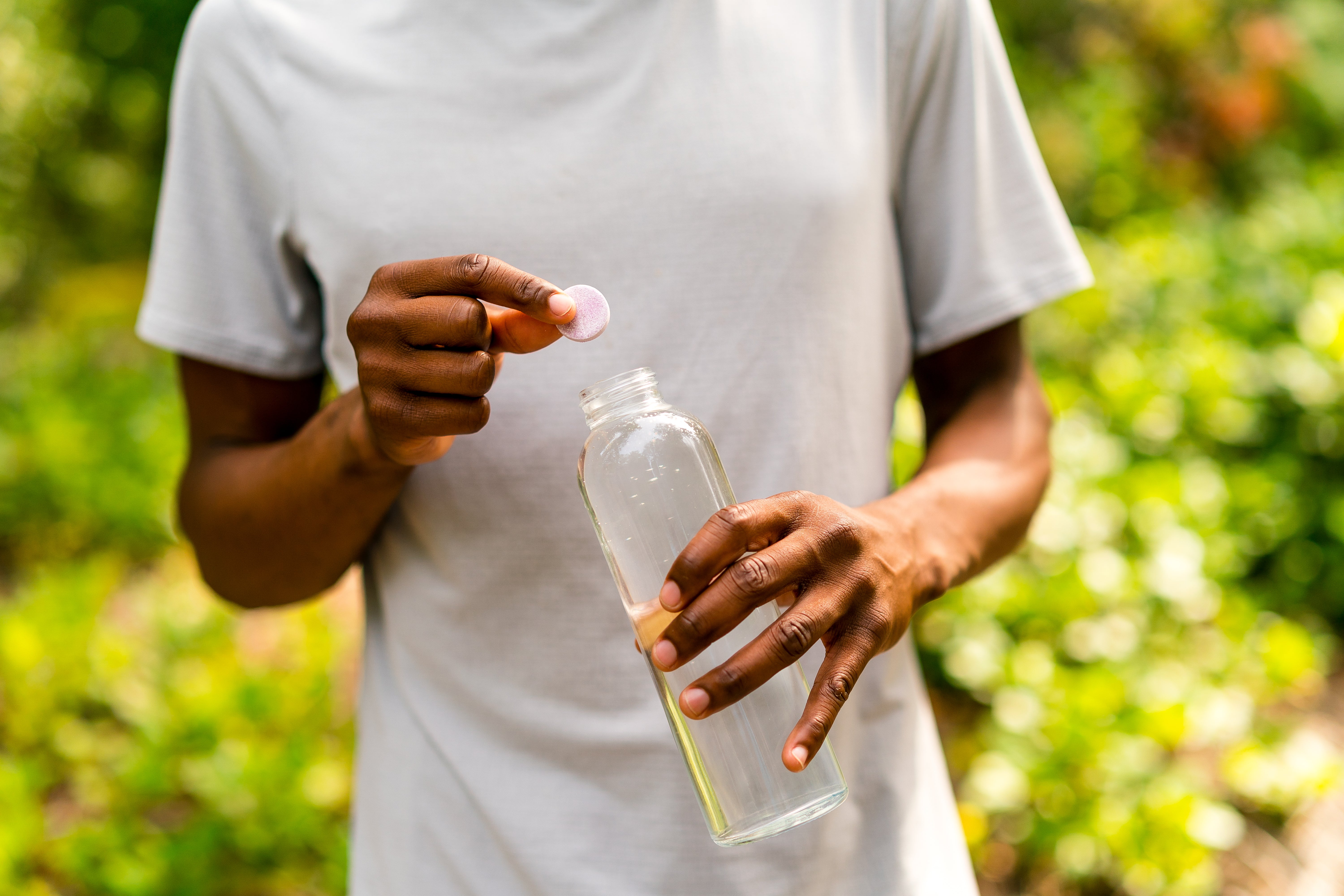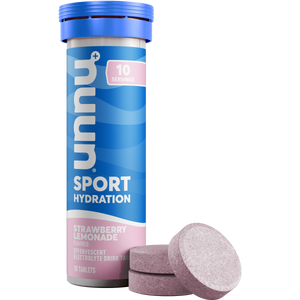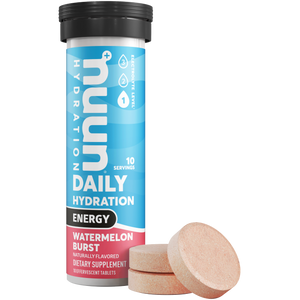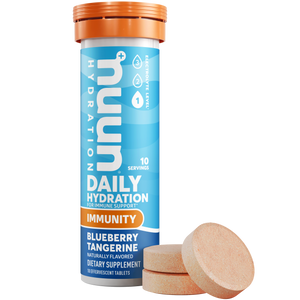It’s normal to feel stressed out, but chronic stress levels can lead to skin health complications down the road if not handled properly. When stress takes over it can cause harm to our skin health and increase the chances of developing a skin condition. For example, stress is a trigger of psoriasis as it can lead to inflammation of the skin and cause plaques of itchy, scaly patches to develop. When you’re stressed your body produces more hormones, such as cortisol, which causes oil to build up on the skin contributing to the presence of plaques. It can also make flare-ups more difficult to manage, which can cause you to stress even more, creating a difficult cycle to break.
Similarly, your chances of developing stress-induced acne, eczema, and even skin cancer can increase because of unmanaged stress over time as stress hormones lead to skin irritation. A hormonal imbalance can be an effect of long-term stress and result in poor skin health and conditions. Like cortisol, androgen is another hormone that can cause the overproduction of oil on the skin and lead to a stress-induced skin condition.
The relationship between stress management and skin health is a delicate one that takes strategic management and commitment. Keep reading to learn about stress management techniques that can help keep your skin glowing and lower stress levels.
1. Keep Yourself Hydrated
Hydration is one of the most important things you can prioritize for your health, especially in times of distress. There can be numerous effects of dehydration on the body if you are not consuming enough water throughout the day. One consequence is that your skin will become too dry and potentially break out if you are not hydrating your body during high-stress times.
Staying hydrated can also help with lowering stress levels and blood pressure when feeling overwhelmed. Take a break and drink some water during high-stress times to give yourself and your body time to relax and slow down. The recommended amount of water to consume each day is eight glasses of water, but don’t be afraid to drink more. By staying hydrated, you’re actively protecting yourself against triggers of stress-induced skin conditions like psoriasis or eczema.
2. Exercise Regularly
It’s recommended that the average person exercises for at least 30 minutes a day and this is with good reason. Daily exercise is a great way to release some steam and manage the stress that may have built up throughout the day. When you exercise a chemical known as endorphins is released which signals a mood boost to your brain. If this occurs consistently then your mood will gradually improve and evolve to make you happier and help your skin stay healthier.
If you need more energy during workouts because stress is making you feel fatigued, then consider adding some Nuun Energy to your water to boost your workout and help you release even more stress in the meantime. Exercise has the power to calm your mind and stress levels, thus resulting in keeping your skin healthy and glowing and preventing the development of a skin condition.
3. Eat More Plant-Based Foods
A plant-based diet is proven to come with many health benefits, including maintaining healthy skin and lower stress levels. A plant-based diet can help improve mental health and reduce feelings of stress which in turn results in fewer skin complications. You can also take stress relief vitamins to supplement your nutrition.
Fruits and vegetables help with inflammation which can help prevent any skin condition flare-ups on the skin. Some recommended fruits and veggies to add to your diet include those rich in vitamin c such as blueberries, broccoli, oranges, and strawberries. Avocados are a great healthy fat that improves skin elasticity. A healthy diet also improves your mood and will make you feel relaxed knowing that you’re fueling your body with the nutrients it needs. The healing properties of fruits and veggies aid in keeping your skin health in check and fighting against inflammation.
These are just a few examples of stress management strategies that can help prevent skin complications down the road. Are there any other ways you manage your stress?